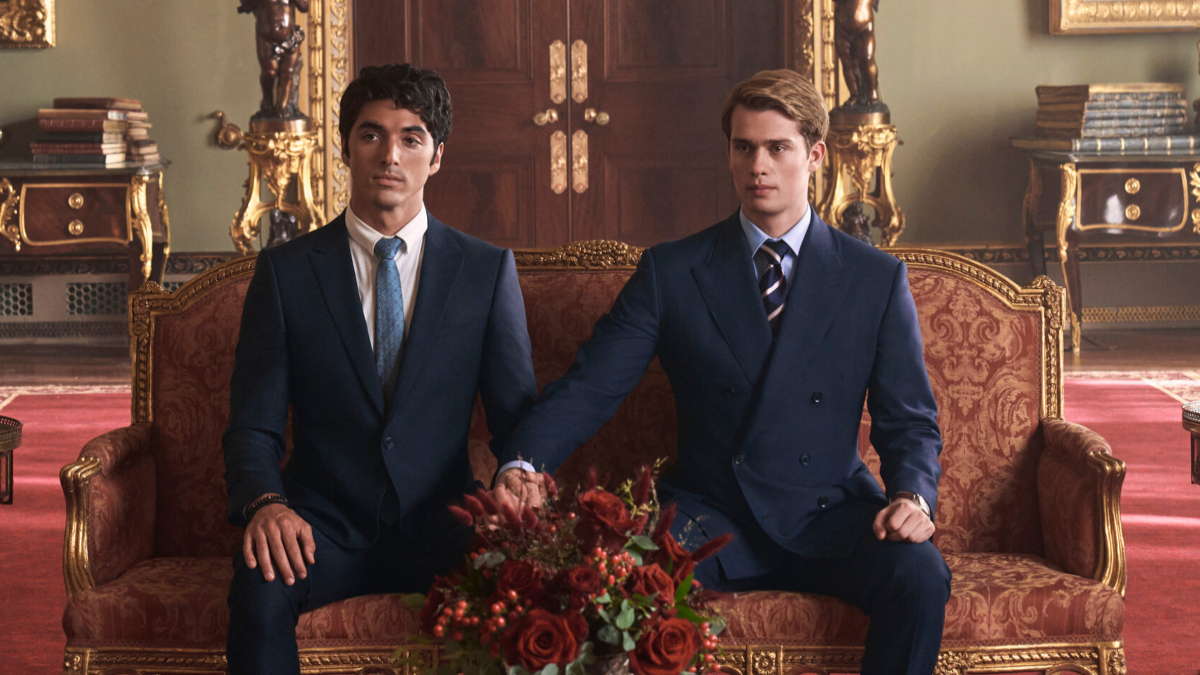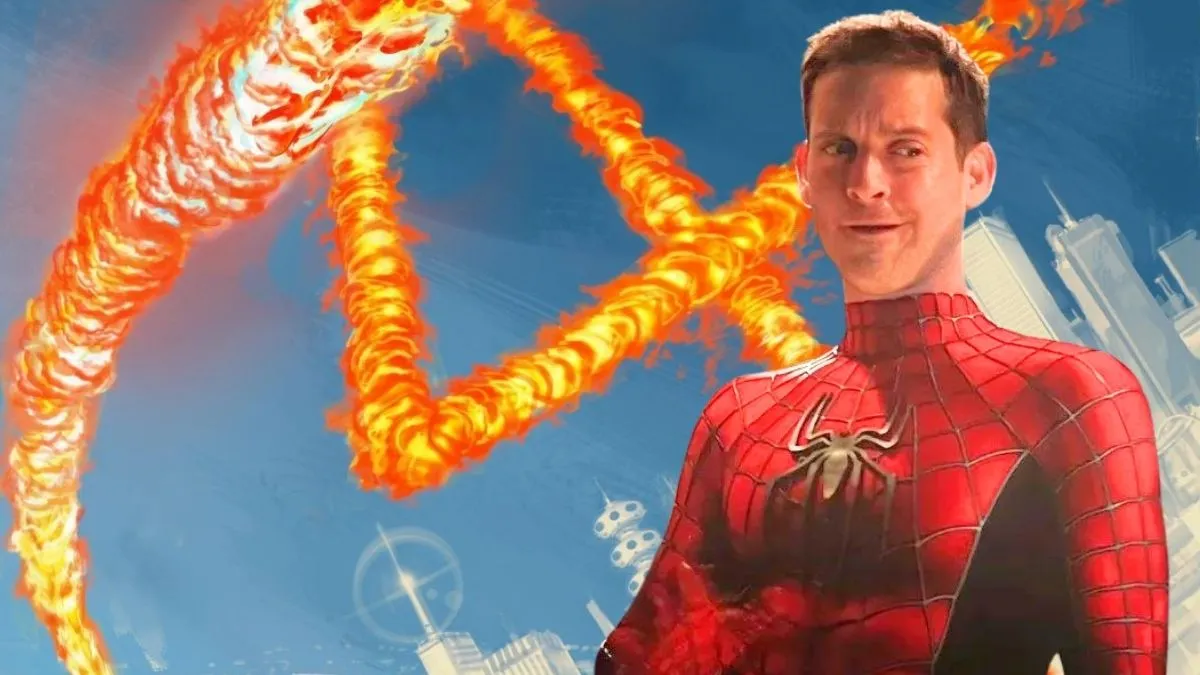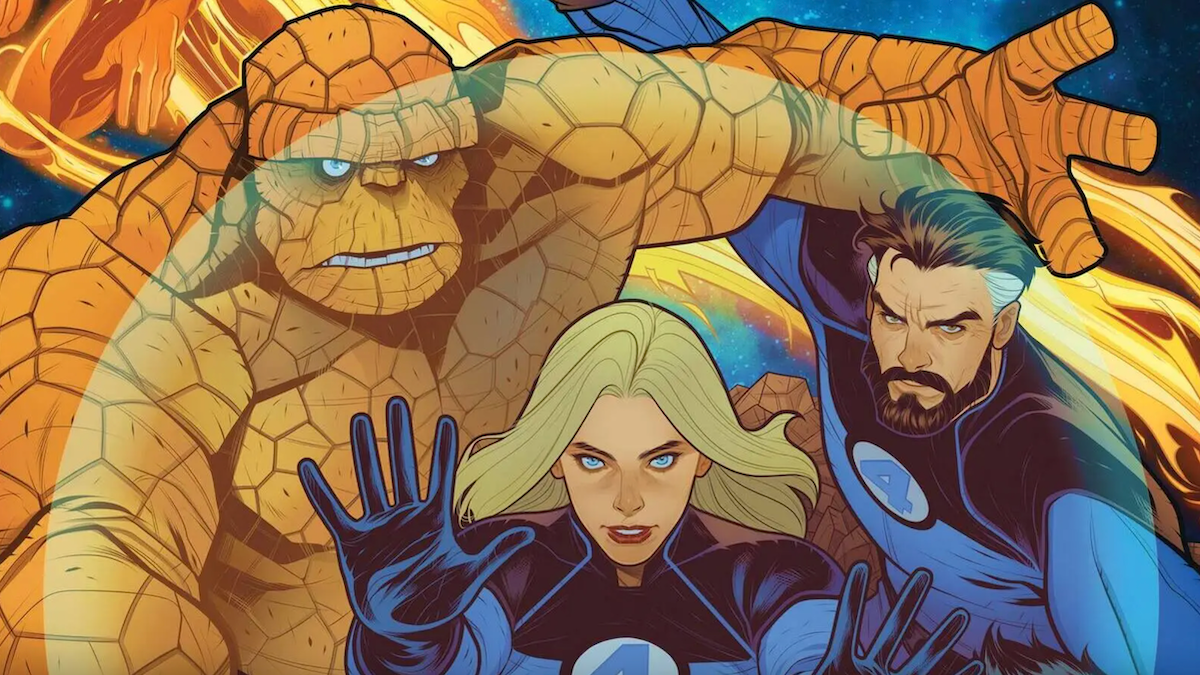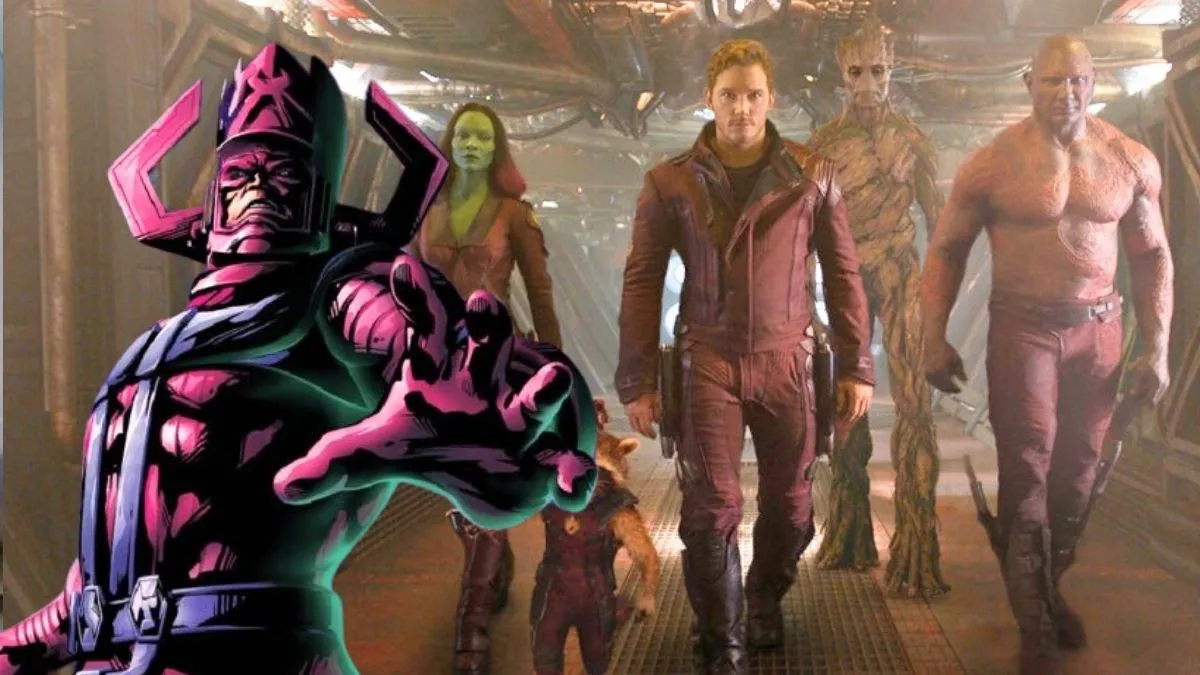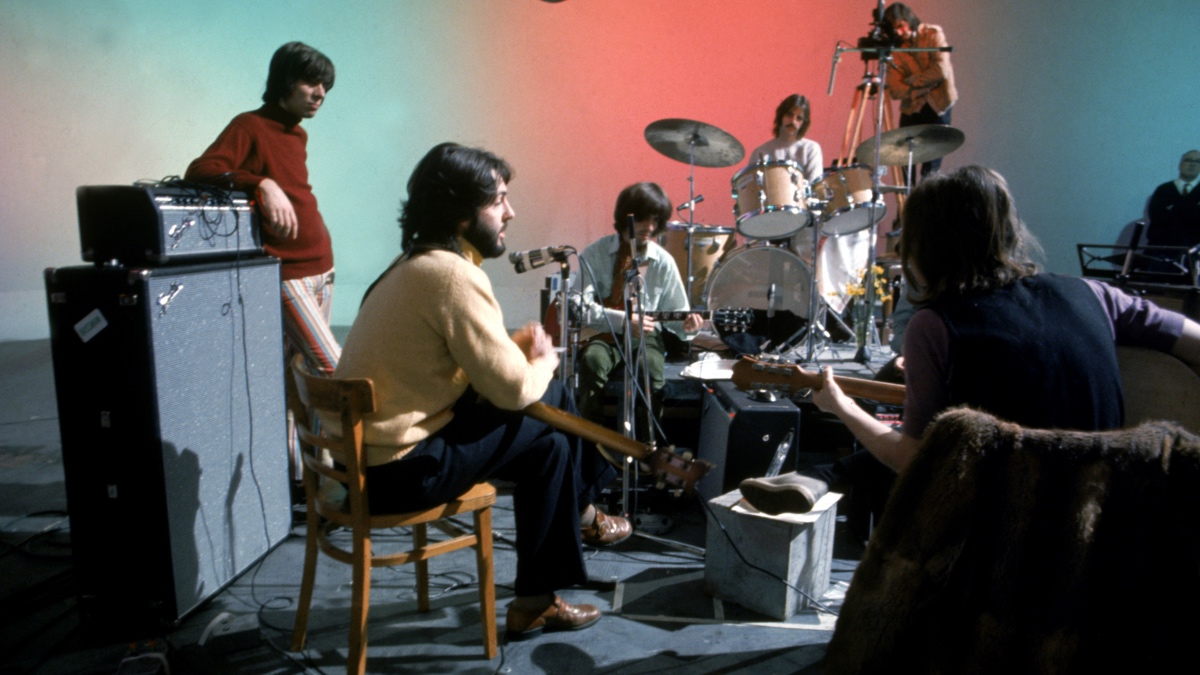
As bullying seems to have reached disturbing new heights, it’s refreshing to see movies other than Drillbit Taylor attempt to capture the ever-changing landscape of emotional and physical harassment. Some Kind Of Hate deals with a victim’s mindset, and The Gift tackles a bully’s inevitable future, but Tara Subkoff’s #Horror deals with the most prevalent method of new-age harassers – cyberbullying.
Subkoff’s subtext is loaded with commentary about a generational problem that sees electronic devices glued to younger hands, as socialization has now migrated online where crops are shared, candy is crushed, and insults can be hurled from behind the safety of a glowing screen. Kudos to Ms. Subkoff for spreading awareness of an all-too-real horror story, but I’m not sure the artistic chaos of #Horror translates into an emotional arthouse piece that pulls no punches.
Subkoff’s warning comes in the form of a 12-year-old hangout set inside a wealthy art collector’s glass house. Alex’s (Chloë Sevigny) daughter, Sofia Cox (Bridget McGarry), acts as the defacto leader for a group of girls who spend most of their time uploading vain pictures to the internet. Personal interactions now come in the form of hashtags, and bitchy hatred has become the language of choice – but it’s not hurtful. As one character remarks, as long as everyone is laughing, then a “mean” comment doesn’t actually cause harm. That’s until Cat (Haley Murphy) takes the “fake” bullying a step too far while body-shaming Georgie (Emma Adler) in “jest,” and she’s kicked out of Sofia’s house. Then the killing starts…
This is a horror film built specifically for tech-y generations, concealed inside a lavish house decorated with contemporary works from artists like Franz West and Rob Pruitt. The Cox’s abode is an expression of living luxuriously as a term of status – much like how Sofia’s friends constantly post pictures depicting what appear to be fun-filled events, while in reality, the picture is a fabrication of happiness.
Popularity can now be measured in social media followers, which drives young girls to care more about an online facade than real experiences. Subkoff’s narrative thrives on the relentless pressures that online media obsession creates, especially how it disassociates personal connection by reducing people to avatars and text boxes. All the obvious comparisons are there, likening us to zombies and addicts, and we see how constant internet availability has transformed life into a non-stop competition for attention, fame, and stupid f$cking “Likes.”
What threw me most is Subkoff’s fabricated phone application – the platform that lets these prissy teens upload their glorious “memories” online. With every upload, hashtags appear on the screen, and gross stabbing noises can be heard to suggest these kids are slowly killing one another with each post. Pictures of goofy fashion shows are intercut with actual depictions of murder, as the “Likes” add up for each. Everything flashes so fast, tallying point totals like Candy Crush might, which plays directly into an ADD-mentality that doubles as a nasty side-effect of constant phone usage (re: an opening credits montage vomiting colors and words at breakneck speeds).
Characters see phoneless interactions as a prison sentence, as they waste precious minutes that could be used to earn more praise from their peers. But the platform of this gory Instagram parody becomes a bit overbearing, and its cluttered horror feed doesn’t signify a break in reality that might provide necessary contextual explanations of the pictures we see.
As far as Subkoff’s young ensemble is concerned, #Horror is a vapid glimpse into the distraction-filled lives of today’s future leaders. Sevigny doesn’t add much as a wickedly materialistic housewife, nor does Timothy Hutton with his incessant yelling, but these girls are a realistic stereotype of today’s self-obsessed Facebookers (as far as this 26-year-old male can perceive). There’s a stark contrast between their online alter-egos and the true personalities that emerge once electronic devices are removed from the picture, driven home by Cat’s inability to distinguish pain from playfulness in a world full of combative judgement.
Yet, too much of the film lends itself to pop-laced party montages and photo ops in every possible situation. Subkoff hits her message home long before the credits roll, as the more deadly aspects of adolescent waywardness hide for far too long. #Horror is a longer movie than it has to be, and wades in the waters of malicious indifference instead of diving deeper for larger statements about said bullying. The girl’s intentions are sweet(ish), but one or two dance sequences could have been trimmed down – although I love Subkoff’s false-faces ditty. Artistically, #Horror‘s scenery pulsates with a chic vibrancy, but the characters strive to become more than girls being girls. This works on a base level, but when forced under a microscope for so long, their actions lose the stinging commentary we first feel.
#Horror is a frantic glimpse into cyberbullying rooted in strong thematic elements, but its in-your-face stylings don’t provide answers to all the questions we ponder. There’s talent here, and I’m more than intrigued to see what Subkoff does next – it’s just that #Horror works better as singular scenes than an entire message. Dizzying first-person camera work delves into found footage normalcy, while more time is put into flashy decor than meaty characters. Subkoff does have a voice and a message though, which will lend itself to immensely vocal projects in years to come – as long as tightened storytelling can deliver a total package versus a few winning beats.


